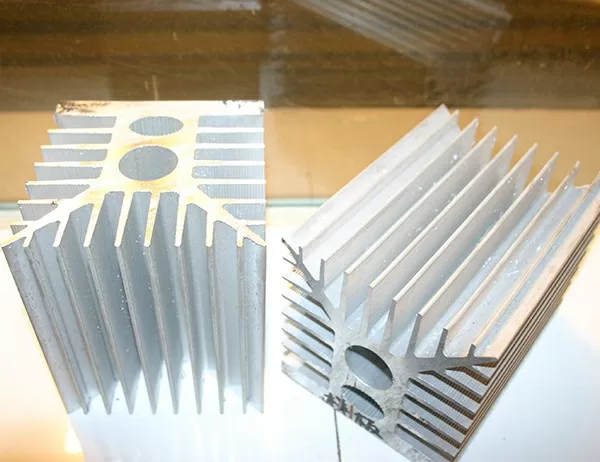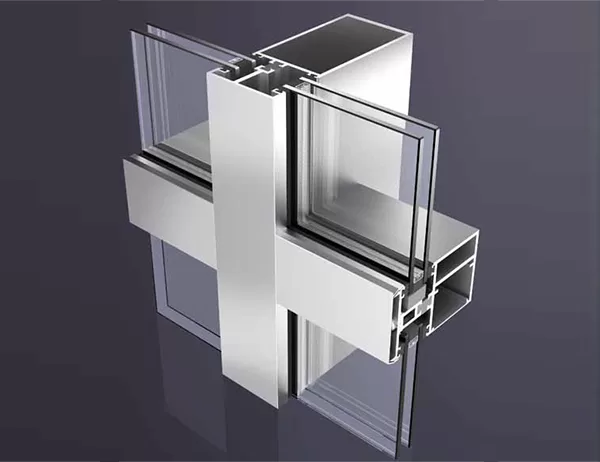When selecting the right industrial aluminum profile for your project, there are several key factors to consider to ensure optimal performance and longevity. This comprehensive guide will provide you with the necessary insights to make an informed decision.
Profile Type
Industrial aluminum profiles come in a variety of types, each designed for specific applications.
– Slotted profiles: Feature slots along the length for easy assembly and adjustment. Ideal for frames, enclosures, and conveyor systems.
– T-slot profiles: Incorporate T-shaped slots for attaching components and accessories. Commonly used in automation, robotics, and machine building.
– Round profiles: Provide strength and aesthetics. Suitable for railings, supports, and decorative elements.
– Hollow profiles: Offer weight reduction and cost savings while maintaining strength. Suitable for lightweight structures and enclosures.
Alloy Grade
The alloy grade of aluminum determines its strength, corrosion resistance, and workability.
– 6061: A versatile alloy with good strength, weldability, and corrosion resistance. Suitable for general-purpose applications.
– 6063: Similar to 6061 but with higher corrosion resistance. Ideal for outdoor use and marine environments.
– 5052: A non-heat-treatable alloy with excellent corrosion resistance. Suitable for applications where durability is paramount.
Surface Treatment
Surface treatment enhances the appearance and durability of aluminum profiles.
– Anodizing: Forms a protective oxide layer on the surface, improving corrosion resistance and wear resistance.
– Powder coating: Applies a colored or textured coating to the profile, enhancing aesthetics and providing additional protection.
– Electrophoretic coating (E-coating): A specialized coating process that provides superior corrosion protection and adhesion.
Strength and Stiffness
The strength and stiffness of an aluminum profile are crucial for its structural integrity.
– Tensile strength: Measures the profile’s ability to withstand pulling forces. Higher tensile strengths are required for load-bearing applications.
– Yield strength: Indicates the profile’s resistance to permanent deformation. Important for applications subject to bending or twisting.
– Moment of inertia: Represents the profile’s resistance to bending. Higher moments of inertia indicate greater stiffness.
Dimensional Tolerance
Dimensional tolerance refers to the accuracy of the profile’s dimensions. Precise tolerances ensure proper fit and ease of assembly.
– Tight tolerances: Required for high-precision applications, such as medical equipment or semiconductor processing.
– Standard tolerances: Suitable for general-purpose applications where tolerances are less critical.
Other Considerations
– Compatibility: Ensure the profile is compatible with other components and accessories used in your project.
– Availability: Check the availability of the desired profile size, alloy grade, and surface treatment before finalizing your selection.
– Cost: Consider the cost of the profile in relation to its performance and durability requirements.




